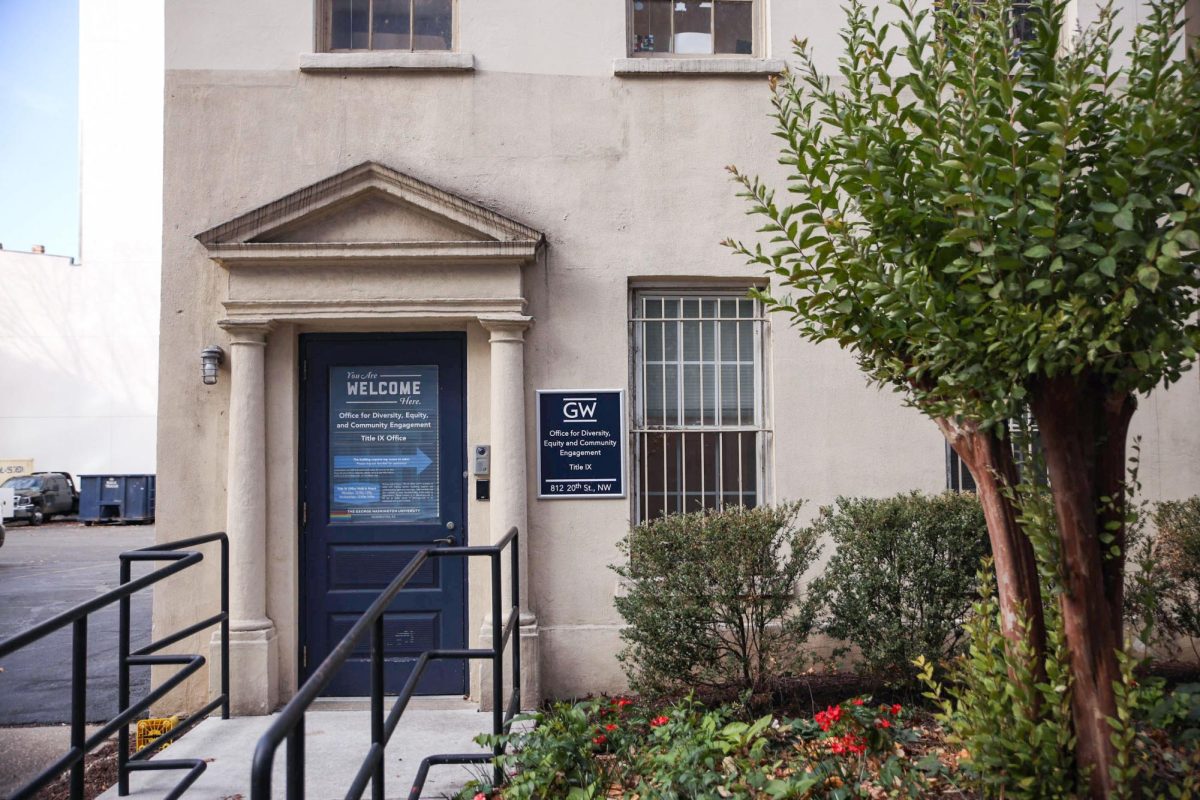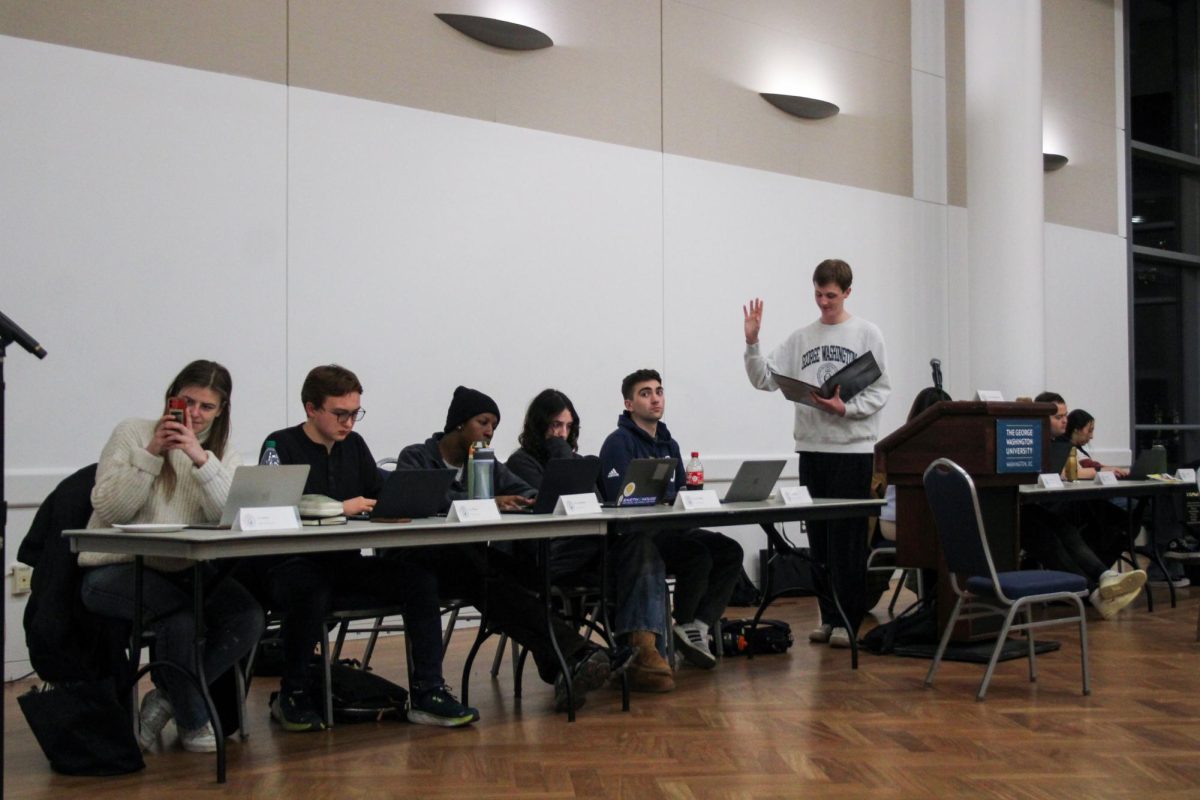The Student Court issued an order Monday temporarily blocking the Student Association’s special elections committee from issuing a fall referenda on first-year senate elections and two other measures.
Yun-Da Tsai, the court’s chief justice, said he issued a preliminary injunction to prohibit the committee from establishing any referenda until Sept. 27 after the SA’s Office of the Legislator General filed a lawsuit Friday against SA Senate legislation approving the scheduling of fall referenda to establish elections for first-year senators. The office’s complaint states that the elections would grant more representation for freshmen, first-year graduate and first-year transfer voters than other students in violation of the SA’s governing documents.
Tsai said the court will hold an initial meeting to consider the complaint Friday to determine whether it warrants further action. The court may take 24 to 48 hours after the meeting to announce their decision on further proceedings, according to the Court’s bylaws.
The court voted to eliminate all first-year undergraduate and graduate seats from the senate last year, ruling that first-year senator appointments violate the requirement for “essential representational equality” set by the Statement on Student Rights and Responsibilities.
The legislator general’s office filed the case against SA Vice President Kate Carpenter, Sen. Cordelia Scales, SEAS-U and senate chairperson pro tempore, and Sen. Chris Pino, CCAS-U, the legislation’s sponsor and the representative of the defendants in court.
Pino filed a motion to dismiss the complaint Tuesday, alleging that the lawsuit breaks from the SA’s constitution, damages court precedent and advances SA President Brandon Hill’s policy agenda.
The motion states the legislator general’s office is representing the SA’s executive branch against its legislative branch. But Pino argues the office is constitutionally mandated to represent the SA as a whole and is violating its responsibility by serving the interests of one branch over another.
“It unilaterally disarms the legislative branch of its constitutionally granted access to the OLG as a legal resource and aggrandizes the executive branch’s power,” the motion reads. “It greenlights the entangled president’s extrajudicial policy agenda and enables the President to hide behind the SA’s shared Legislators General.”
The motion also argues the court lacks jurisdiction over the complaint because the student body has not yet voted to adopt any referenda as constitutional amendments. Pino contends that the court’s past precedent states that the court only has jurisdiction over “actions successfully taken” to amend the constitution, not those that may be taken in the future.
He cites the court’s opinion last year in the ruling of Witte vs. Student Association, in which the court ruled unconstitutional the appointment of first-year seats.
One of Pino’s arguments for dismissal is redacted from public viewing. Pino motioned to the court that the argument should remain sealed “to protect the identities and records of Plaintiffs, Defendants and associates given the sensitive nature of the statements and arguments made therein.”
Pino and Hill did not return requests for comment.
The plaintiffs in the lawsuit asked for an injunction from the court in their complaint filed Friday, urging justices to expedite their request given the urgency of the potential fall election schedule. The special elections committee is required to organize first-year senate elections, if permitted to move forward, “as soon as possible” or through a special election, according to the special resolution passed by the senate last week.
Any further motions on this complaint will be addressed at the initial consideration meeting Friday, according to the court’s order.







